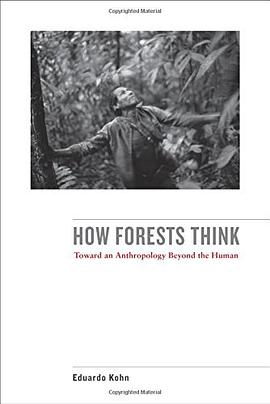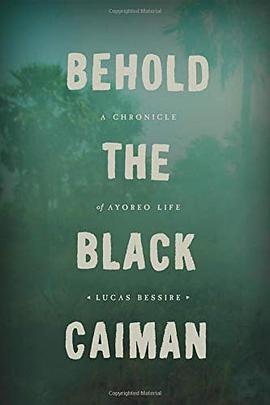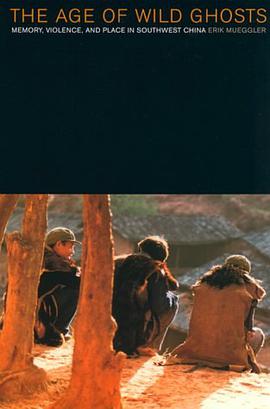Lords of the Lebanese Marches 谷歌图书
作者:
Michael Gilsenan
University of California Press
1996
- 01
Michael Gilsenan looks at the relations between different forms of power, violence, and hierarchy in Akkar, the northernmost province of Lebanon, during the 1970s. Often regarded as backward and feudal, in reality this area was controlled primarily by groups with important roles in government and business in Beirut. The most "feudal" landowners had often done most to introduce capitalist methods to their estates, and "backwardness" was a condition produced by this form of political and social control.
Gilsenan uses material from his stay in Akkar and a variety of historical sources to analyze the practices that guaranteed the rule of the large landowners. He traces shifts in power, and he examines the importance of narratives and rhetoric in constituting social honor, collective biography, and shared memory/forgetting. His lively account shows how changes in hierarchy were expressed in ironic commentary regarding idealized masculinity and violence, how subversive laughter and humor counterpointed the heroic ethic of challenge and revenge, and how peasant narratives both countered and reproduced the values of hierarchy.
Gilsenan uses material from his stay in Akkar and a variety of historical sources to analyze the practices that guaranteed the rule of the large landowners. He traces shifts in power, and he examines the importance of narratives and rhetoric in constituting social honor, collective biography, and shared memory/forgetting. His lively account shows how changes in hierarchy were expressed in ironic commentary regarding idealized masculinity and violence, how subversive laughter and humor counterpointed the heroic ethic of challenge and revenge, and how peasant narratives both countered and reproduced the values of hierarchy.



